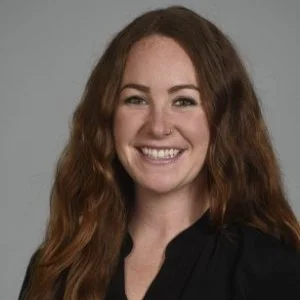Ruby Holmes is a Technical Advisor on Inclusive Governance at Humanity and Inclusion (HI) and an IDPP alumnus.
Ruby receiver her M.A. in International Peace and Conflict Resolution at American University’s School of International Service.
Her academic and professional interests include the inclusion of people with disabilities in post-conflict mediation and peace building, specifically in developing countries.
What is your role at HI? What are your tasks/responsibilities?
The Inclusive Governance unit at HI aims to promote participation, inclusion and accountability at all levels within public disability governance. We prioritize our work with civil society while bringing all relevant stakeholders, such as government representatives and service providers, together for dialogue. The core work of our team is to promote inclusive governance that recognizes and favors the participation of a diverse, representative and strong civil society.
My main responsibility is to provide technical support to our field teams. Most recently, I conducted a mission trip to South Sudan where I trained HI staff on capacity assessment and building. We also held a training with different Disabled Persons’ Organizations (DPOs) on disability awareness, advocacy and network building. I also represent HI on global initiatives, such as the International Disability and Development Consortium (IDDC) where I act as co-chair for the DPO Task Group.
What inspired you to pursue work related to disability?
I have close friends and family members who have different disability types, so I’ve been an ally my entire life. People with disabilities are one of the most marginalized populations in the world, especially in developing countries and humanitarian and conflict settings.
I’ve always been passionate about pursuing a career in international human rights, so focusing on disability has never been a question.
What do you enjoy the most about your work?
Connecting with and supporting our field teams is definitely a highlight. I enjoy learning about our different projects and supporting them to be as inclusive as possible while encouraging our local partners to have as much agency as possible. I enjoy the constant problem solving and creating thinking required for the different contexts. Being part of our global initiatives is also exciting, as I learn from other international efforts and networks.
How did your time at IDPP help prepare you for this role?
My time at IDPP increased my technical knowledge on the Sustainable Development Goals (SDGs), especially as they relate to disability. One of our global projects is working in partnership with Leonard Cheshire Disability (LCD) on creating a framework/tool for DPOs to monitor SDG implementation in their countries. The tool looks at SDG implementation through the Convention on the Rights of Persons with Disabilities (CRPD) to ensure disability inclusion and policies meet international standards.
What’s one of your favorite memories about your time with IDPP?
I really enjoyed the weekly seminars that brought disability experts to campus to share their knowledge and experiences. It was great to have a variety of topics and perspectives to engage in conversation and learn resources, all for free! The world of disability inclusion is rightfully complex and ever evolving, so it’s important to keep learning and share ideas.


